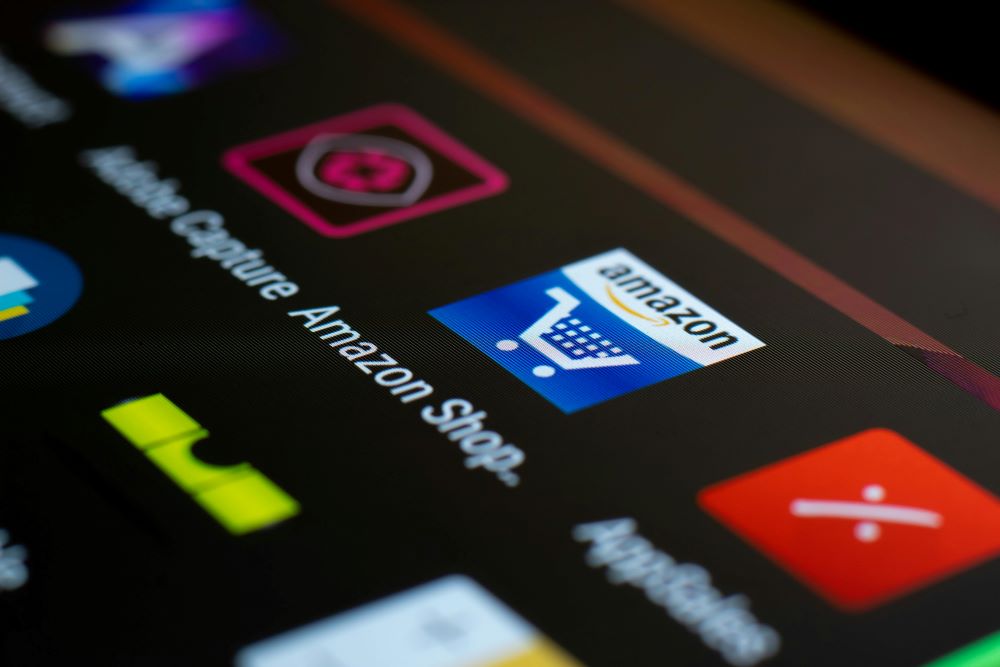Washington, D.C.’s Attorney General alleges Amazon is engaging in racial discrimination.
Washington, D.C.’s Attorney General (AG), Brian Schwalb, has filed a lawsuit against Amazon, alleging that the company has unfairly excluded certain neighborhoods from the benefits of its Prime delivery service while charging residents the full membership fee. The lawsuit claims that since 2022, Amazon has deliberately stopped offering expedited delivery in two predominantly Black ZIP codes in the city, creating a disparity in service.
According to the complaint, residents of these areas, who pay the same $139 annual fee for Amazon Prime, have experienced longer delivery times compared to their neighbors in other parts of the state. Schwalb said, “Amazon is charging tens of thousands of hard-working Ward 7 and 8 residents for an expedited delivery service it promises but does not provide.”
It further alleges that Amazon stopped using branded delivery trucks in these neighborhoods in mid-2022 and instead relied on third-party carriers like USPS and UPS, resulting in slower service. Before the shift, more than 70% of Prime packages in the affected ZIP codes were delivered within two days. That number has since dropped to as low as 24%, while other areas of the city have seen improved delivery speeds.
Amazon denies these allegations, with spokesperson Steve Kelly calling the claims “categorically false.” The company also cited safety concerns for delivery drivers as leading to adjustments in how packages are routed in these neighborhoods. “In the ZIP codes in question, there have been specific and targeted acts against drivers delivering Amazon packages,” Kelly said. “We made the deliberate choice to adjust our operations, including delivery routes and times, for the sole reason of protecting the safety of drivers.” He added that Amazon is open to working with officials to improve safety in the affected areas.

The attorney general’s office argues that Amazon never disclosed these changes to Prime members in the affected neighborhoods, which, according to data from the U.S. Census Bureau, have predominantly Black populations. Residents who reached out to Amazon about delays were reportedly told the issues were due to factors outside the company’s control. And, despite the D.C. attorney general’s complaint highlighting Amazon’s policy of excluding areas from its in-house delivery network if drivers experience violence, harassment, or intimidation, it cites these policies unfairly disadvantage certain communities. The lawsuit seeks to end what it describes as deceptive practices and asks for damages, penalties, and a commitment from Amazon to treat all members equally.
This isn’t the first time Amazon has faced scrutiny over disparities in its delivery service. In 2016, a report revealed that Black residents in some cities were half as likely to have access to same-day delivery as white residents. Following public pressure, Amazon announced plans to expand service to more neighborhoods.
Amazon’s challenges with its Prime program extend beyond delivery zones, too. In 2023, the Federal Trade Commission (FTC) filed a separate lawsuit accusing the company of misleading customers into signing up for Prime and making it difficult to cancel subscriptions. That case is scheduled for trial in mid-2025.
Despite its delivery challenges, Amazon has significantly expanded its logistics network in recent years. The company boasts faster delivery speeds than ever before, claiming to have delivered more than five billion items within a single day during the first half of 2024. However, as the lawsuit shows, not all areas have benefitted equally from this expansion. In general, the case raises important questions about corporate responsibility and equitable access to services.
Sources:
Amazon sued by D.C. attorney general for allegedly excluding neighborhoods from Prime delivery
D.C. Says Amazon Stopped Fast Deliveries to Predominantly Black Neighborhoods: Complaint


Join the conversation!